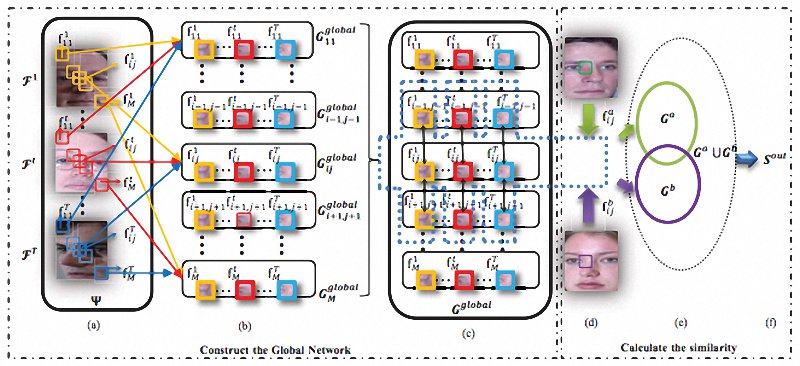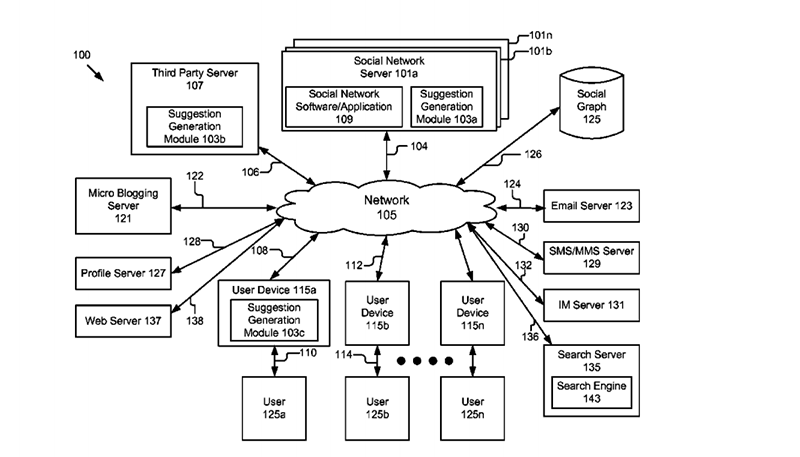via algopop
via algopop

Face verification remains a challenging problem in very complex conditions with large variations such as pose, illumination, expression, and occlusions. This problem is exacerbated when we rely unrealistically on a single training data source, which is often insufficient to cover the intrinsically complex face variations. This paper proposes a principled multi-task learning approach based on Discriminative Gaussian Process Latent Variable Model, named GaussianFace, to enrich the diversity of training data. In comparison to existing methods, our model exploits additional data from multiple source-domains to improve the generalization performance of face verification in an unknown target-domain. Importantly, our model can adapt automatically to complex data distributions, and therefore can well capture complex face variations inherent in multiple sources. Extensive experiments demonstrate the effectiveness of the proposed model in learning from diverse data sources and generalize to unseen domain. Specifically, the accuracy of our algorithm achieves an impressive accuracy rate of 98.52% on the well-known and challenging Labeled Faces in the Wild (LFW) benchmark. For the first time, the human-level performance in face verification (97.53%) on LFW is surpassed.

That’s the premise driving a new startup called Eterni.me, which emerged this week out of MIT’s Entrepreneurship Development Program. Its goal, according to the startup’s website, is to emulate your personality by tapping into your digital paper trail–chat logs, emails, and the like. Once that information is provided, an algorithm splices together all those you-isms to build an artificial intelligence based on your personality, which “can interact with and offer information and advice to your family and friends after you pass away.”
Eterni.me’s creators pitch it as Skype from the past–an animated avatar from the dearly departed. A kind of digital immortality.
Ref: ETERNI.ME WANTS TO LET YOU SKYPE YOUR FAMILY AFTER YOU’RE DEAD – FastCompany
The online movie and TV outfit once sponsored what it called the Netflix Prize, asking the world’s data scientists to build new algorithms that could better predict what movies and shows you want to see. And though this certainly advanced the state of the art, Netflix is now exploring yet another leap forward. In an effort to further hone its recommendation engine, the company is delving into “deep learning,” a branch of artificial intelligence that seeks to solve particularly hard problems using computer systems that mimic the structure and behavior of the human brain. The company details these efforts in a recent blog post.
eep learning remained on the outskirts of academia until the mid-aughts, when computers were finally powerful and affordable enough to begin doing some practical work. Although today’s largest neural networks mimic only about one percent of the human brain, according to Engineering and Technology Magazine, modern deep learning algorithms can detect faces in photos, learn your tastes and habits, and, to a certain extent, understand what you say.
Ref: Netflix Is Building an Artificial Brain Using Amazon’s Cloud – Wired

Google has recently patented the Automated Generation of Suggestions for Personalized Reactions in a Social Network; a technology that hopes to be of assistance in sustaining social network etiquette by finding messages and social events worth responding to (such as birthdays) and auto-generating response suggestions that match your customary social behaviour which is machine-learned over long-term use.
There is no requirement for the user to set reminders or be proactive. The system automatically without user input analyzes information to which the user has access, and generates suggestions for personalized reactions to messages. The suggestion analyzer cooperates with the decision tree to learn the user’s behavior and automatically adjust the suggested messages that are generated over time.
Ref: algopop
Ref: PredPol